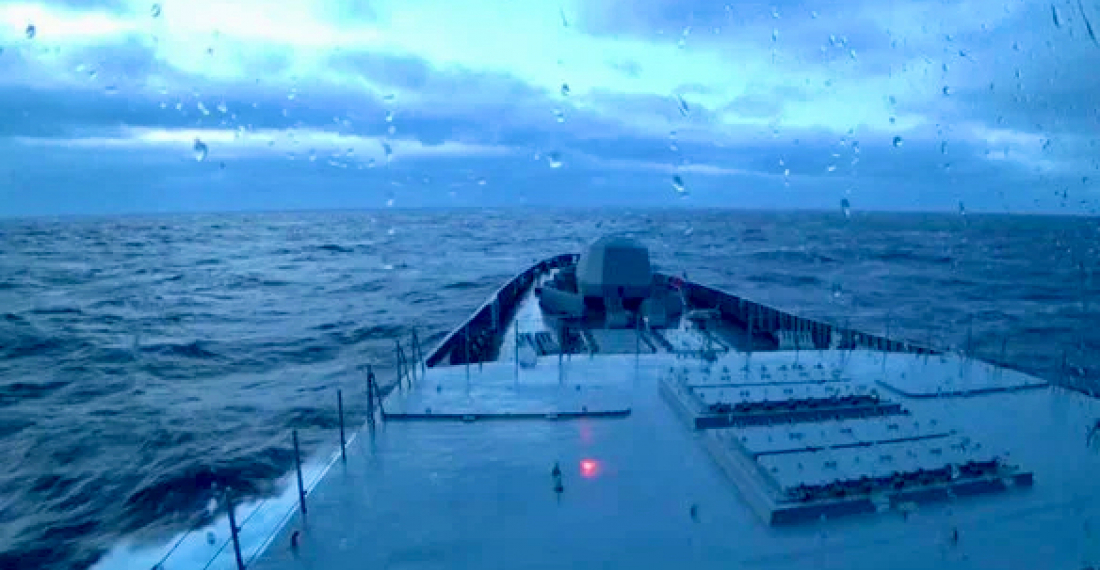A Russian warship has conducted military exercises with hypersonic weapons in the Norwegian Sea, located between Norway and Greenland. According to the Russian Ministry of Defense, they simulated air strikes with hypersonic cruise missiles.
“The crew... conducted an exercise to repel the means of an air attack of a simulated enemy in the Norwegian Sea.”, the Ministry said.
Last week, the same frigate 'Admiral of the Fleet of the Soviet Union Gorshkov' also sailed the Atlantic, carrying the same Zircon missiles. The Norwegian Navy tracked the route, noting that the Russian vessel was in international waters.
However, Reuters news agency reported that there is a possibility that Russia repeatedly sails the ship with new generation hypersonic cruise missiles near NATO member states to increase pressure on Ukraine's Western allies. Russian former president Dmitri Medvedev warned last week that "the hypersonic missiles would soon be close to NATO’s shores".
According to Moscow, the Zircon missiles travel nine times faster than sound and have a range of over a thousand kilometres. The hypersonic speed makes them difficult to detect and intercept. This should help the Russian military resist the advanced US missile systems used by Ukraine.






